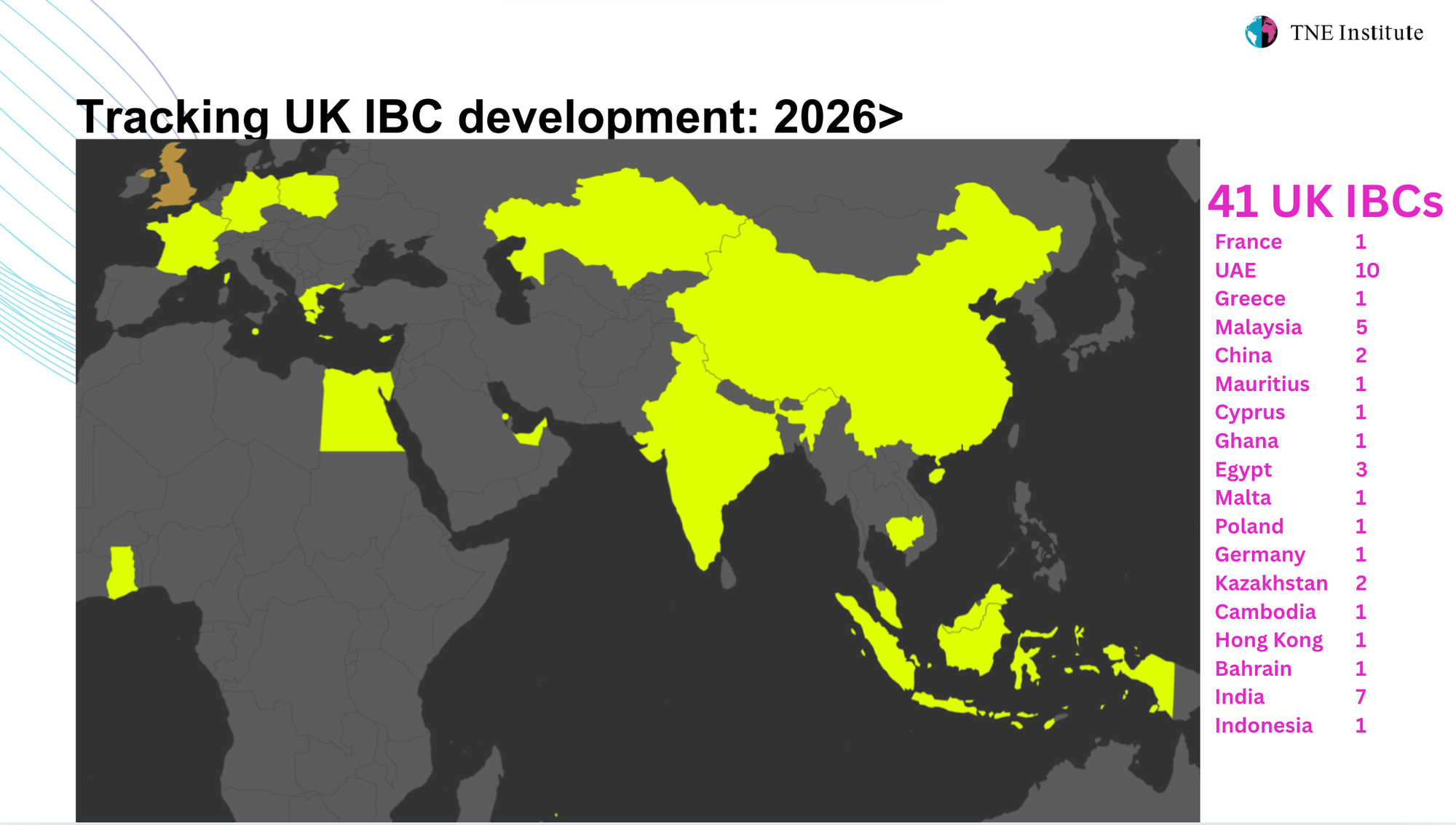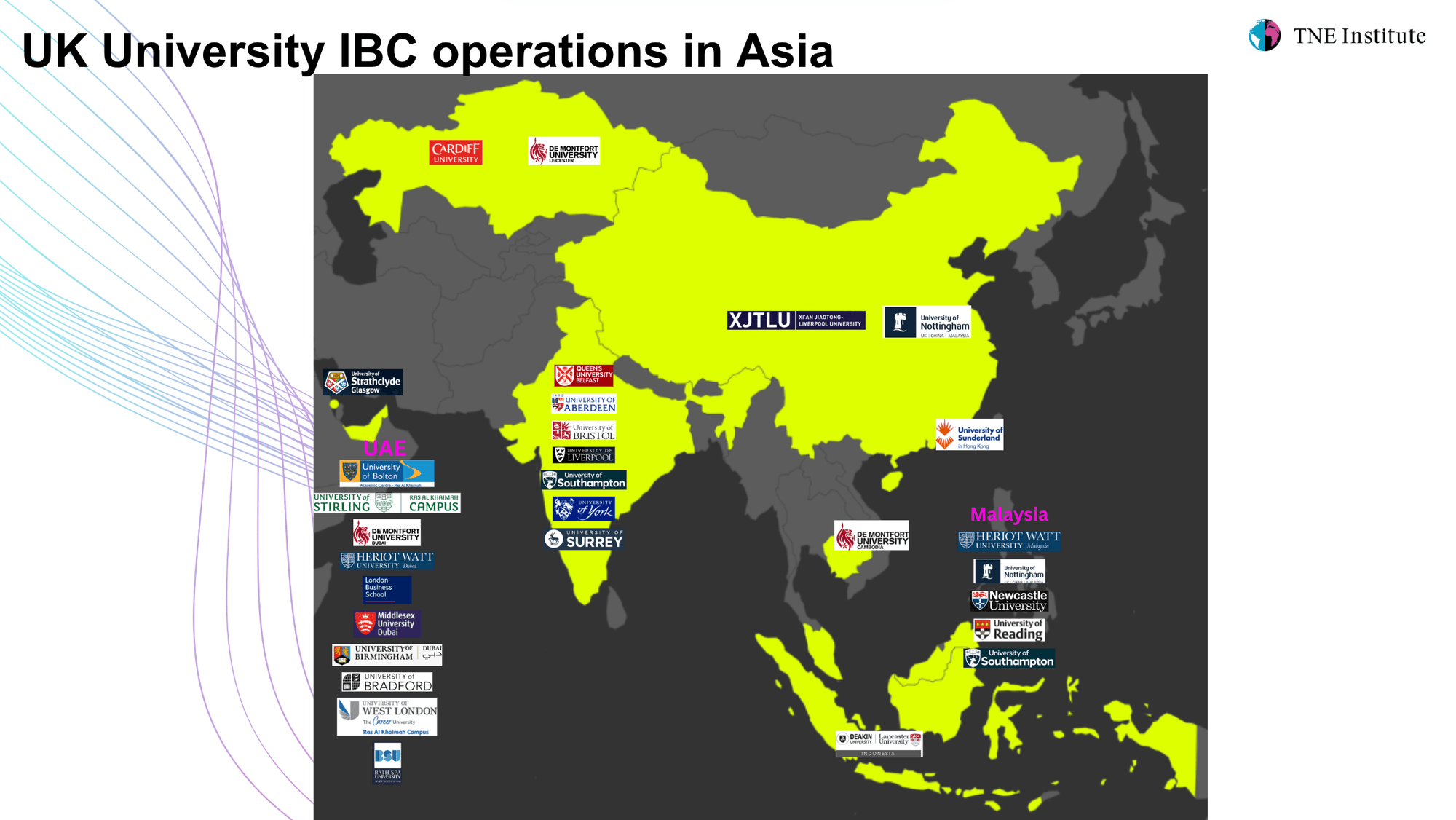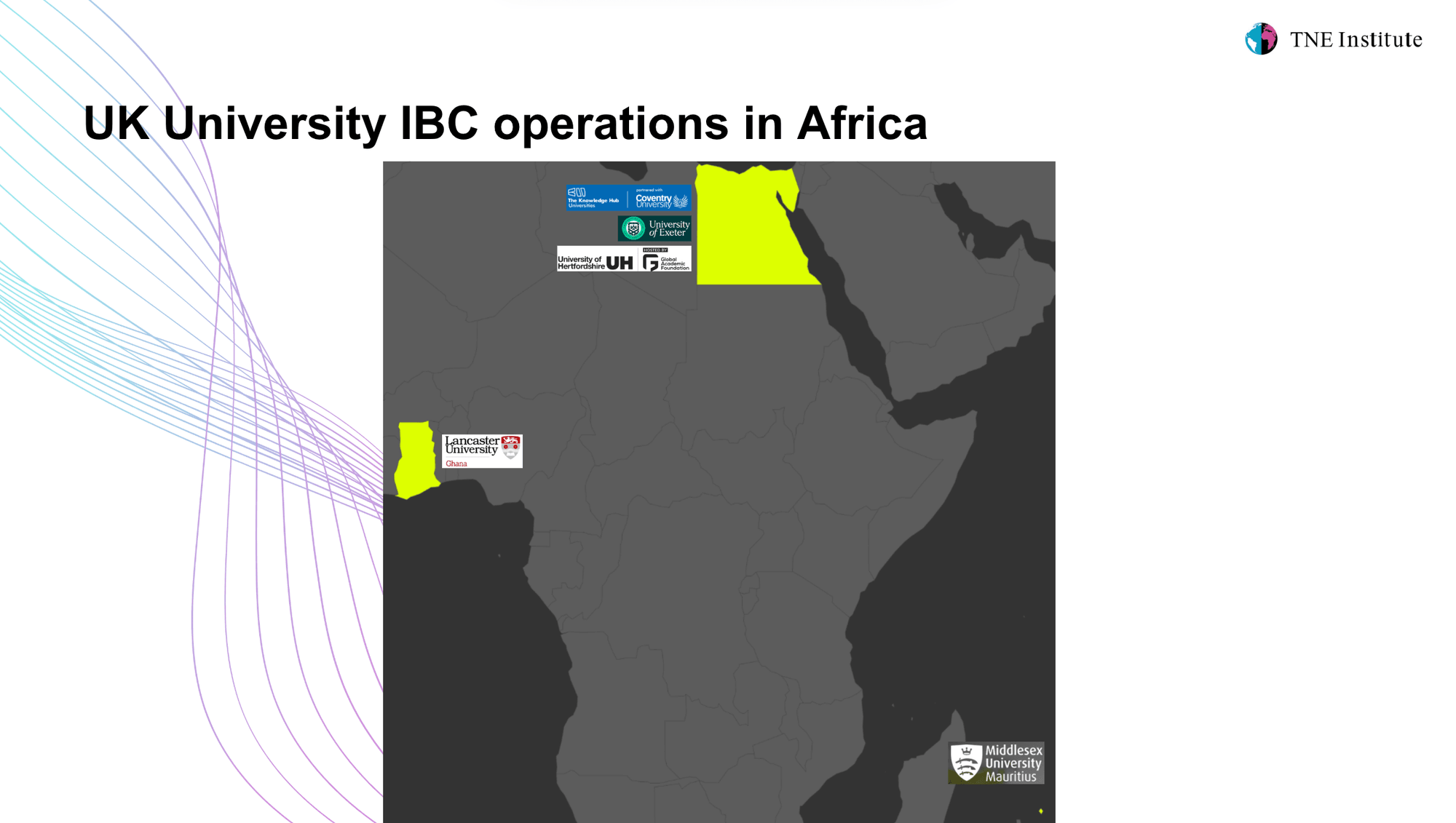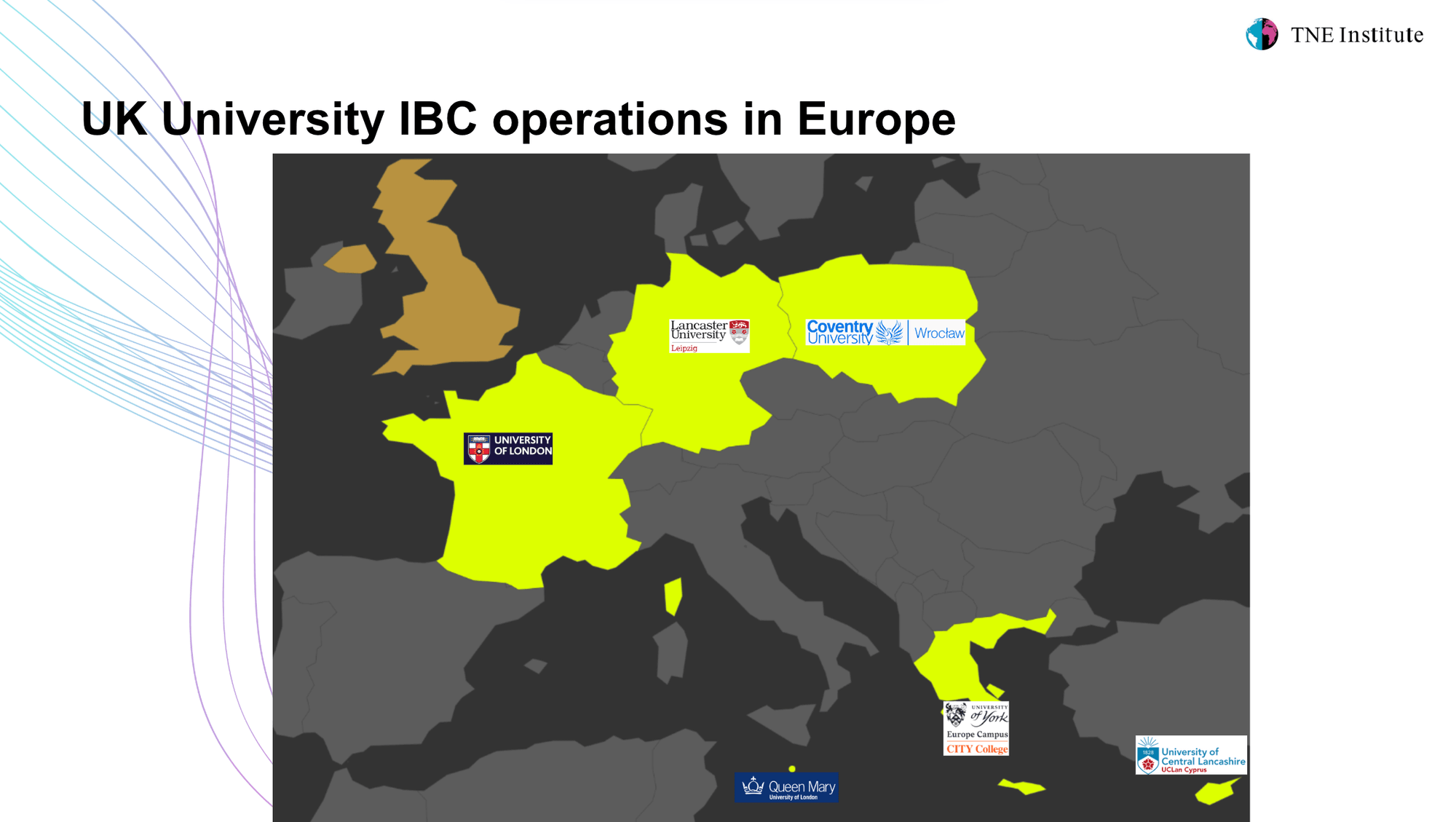


Transnational Education (TNE): a brief overview
International education has been around for centuries as a practice within the higher education industry. Historically, the ancient Greek philosopher Aristotle studied and taught in Athens, Macedonia and Egypt. The medieval Islamic scholar Ibn Sina (Avicenna) travelled across Central Asia and Persia to seek knowledge and exchange ideas with other scholars. The practice of academic mobility has been an integral part of the development and dissemination of knowledge throughout history.
International higher education has evolved over the years, and the internationalisation of higher education is a complex and multifaceted phenomenon shared by various social, political, economic and cultural factors. At its core, internationalisation involves the movement of people, ideas and resources across national and cultural borders to promote global collaborations, knowledge sharing and cross-cultural understanding.
Transnational Education, TNE, has been one of the main formats of internationalisation of higher education for both providing and hosting countries. One of the critical driving factors is the lower cost of global education in comparison to global mobility from the Global South to the North. For the hosting countries, it offers capacity building, employability enhancement, and avoidance of 'brain drain'.
However, despite the success and growth of TNE, there are also challenges faced by providers, such as the conflict between the two educational systems, tensions between the local and global, and eventually support available for the staff professional development to navigate the TNE provision. The confidence and competency of the staff will eventually manifest in students' success in the dual system.
TNE can take various forms for degree and non-degree collaborations, usually in the models as:
- Branch campuses: A foreign university establishing a physical presence in another country.
- Joint/dual degrees: Universities from different countries collaborating to offer a single degree or dual degree program.
- Distance learning: Utilizing online platforms and technologies to deliver education across borders.
- Collaborative arrangements: Partnerships between institutions in different countries to offer programs, courses or research collaborations.
Times Higher Education (THE) has put TNE 3.0 into a framework comprised of six key pillars that frames foreign universities’, or host governments, strategic and operational rationale, which are:
Strategy – driven by alignment in national economic development agendas and higher education strategies.
Innovation – support local innovation and entrepreneurship interconnected with business and industry.
Infrastructure – embedded into a local infrastructure of development, showcasing stand-out facilities and technologies for local stakeholders.
Integration – embedded into the local economy whilst providing a bridge into the international economy.
Excellence – prioritises excellence in teaching, research and innovation and create a pipeline of talent.
Sustainability – assert sustainability as a core ambition across partners and stakeholders.
TNE 3.0 places the development of workforce skills, sustainability, and prosperity at its core. The TNE 3.0 model means foreign universities’ activities are driven by alignment to national economic development agendas and higher education strategies.
The British Council also produced the Sustainability Framework (2024), which identifies 5 pillars to a sustainable TNE partnership:
- mutual benefits
- financial viability
- partnership breadth and depth
- effective leadership and people development
- mutual trust and openness
Knowledge and experience in UK transnational education (TNE) teaching, learning, and professional practice at the host institution are just as important as those held by stakeholders in UK universities. This expertise is essential for ensuring the effective and high-quality delivery of the student experience at the host institution, and it plays a vital role in sustaining the long-term global reputation of UK higher education.
UK IBC
International branch campuses (IBCs) remain one of the most prominent and visible forms of transnational education (TNE), offering long-term impact and the ability to operate at scale. Over the past year, the expansion of IBCs has accelerated at an unprecedented pace.
IBCs are not static—they evolve and take different forms, shaped by regional policies, local regulations, and commercial partnerships. Their definition has also developed alongside the sector.
At the TNE Institute, built upon the sector's work, we attempt to define an international branch campus as
”An International Branch Campus (IBC) is a physical extension of a higher education institution (the parent institution) located outside its home country. It offers teaching and student experience comparable to the home campus. An IBC is owned, as a separate entity from the home campus, at least in part, by the parent institution and delivers degree programmes under its name. While host governments or local partners may provide land, facilities, or financial support, substantive control remains with the parent institution. This typically includes responsibility for strategic direction, academic standards, curricula, and senior faculty appointments. The parent institution’s brand, accreditation, and quality assurance frameworks are applied, either fully or partially, to the branch.”




"Transnational Education is where academic vision meets global strategy. Designing and delivering a TNE initiative is a complex, high-stakes endeavour—demanding collaboration across academic, legal, financial, human resources, and infrastructure domains. It’s about aligning diverse regulations, priorities, and cultures into a single, functioning framework. TNE is not just a project—it’s a long-term commitment to international partnership, requiring precision, diplomacy, and patience. Done right, it’s immensely rewarding—academically transformative and commercially valuable."
---Professor Ferrante Neri, University of Surrey
Contact Us
The TNE Academy Ltd
Unit A, 82 James Carter Road,
Mildenhall, UK
IP28 7DE
info@
TNE Institute is managed by The TNE Academy Ltd, company number 16647669




